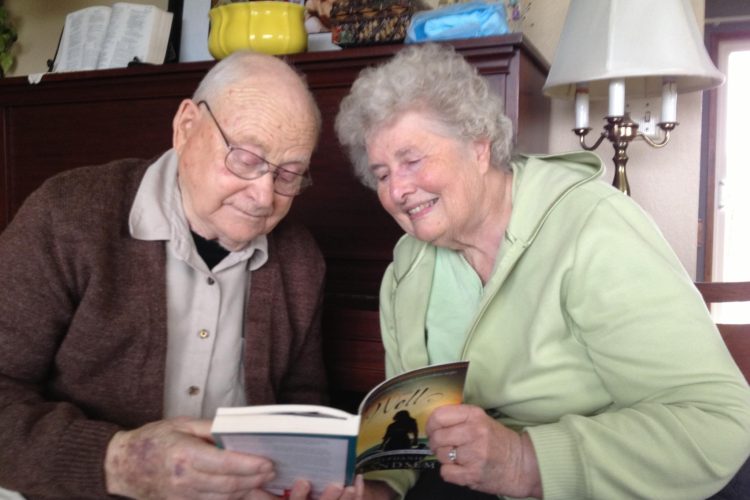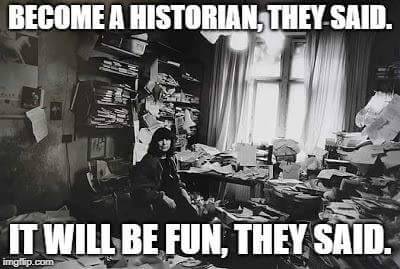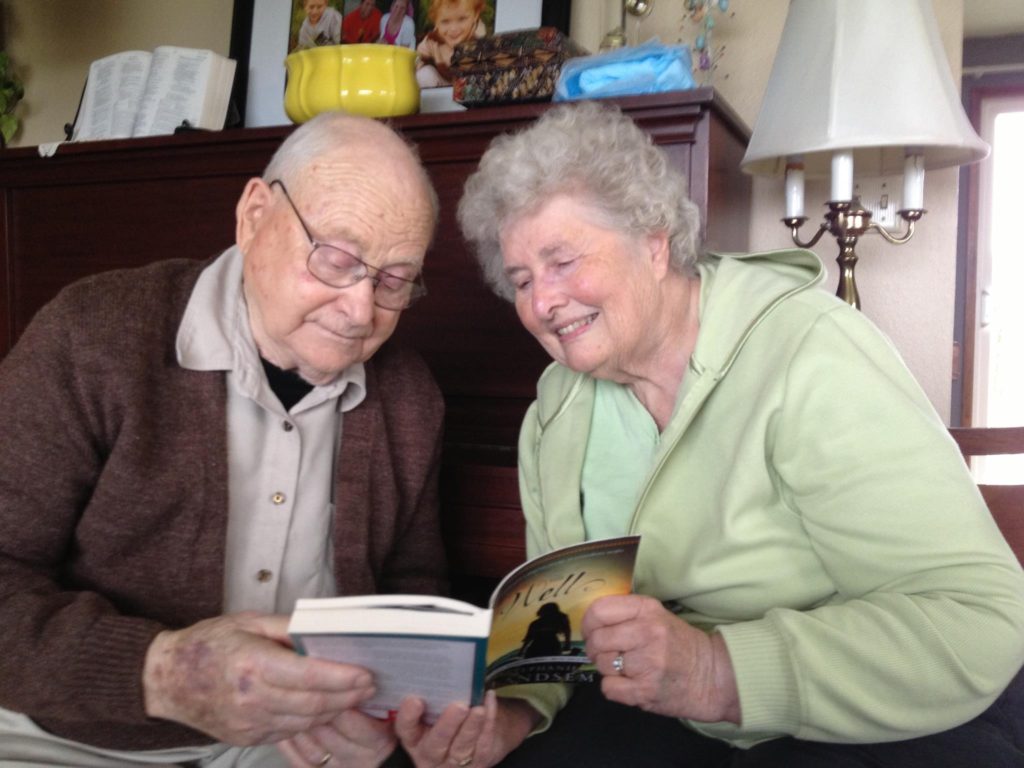The Hebgen Lake Earthquake of 1959 struck on a moonlit August night in western Montana,…

On Being An Historian
When at the wise age of twenty, I decided to change my major from biology to history, I called my parents. They were baffled. I’d always been interested in the sciences and had started as a chemistry major, then shifted to biology. But history?

Then my dad asked a question I’ve always remembered, “Do you really love it?”
I thought for a moment about the required history course I’d taken my freshman year, how I’d savored my study time pouring over thick books on Russian history. How I looked forward listening to a bald-headed monk named Brother Alexander tell stories of the Czars and the Cossacks. And how the following two semesters I’d used my few elective credits taking two more history classes — The Russian Revolution with Brother Alexander, and an overview of ancient Greece that had me reading Homer and Socrates. “Yes, Dad,” I said. “I really do love it.” And so I’d got my parent’s half-hearted blessing on my life-changing decision.
Fast-forward 35 years and I can see how important that question my Dad asked was to me. And how much trust my parents had in me and in God’s plan for my life. Dad is gone but he was there to read my first three historical novels and was as proud as could be. Mom still eagerly awaits my books and talks about them to all her friends.

A few days ago, I was shuffling through some very old papers and came across a typed-on-a-typwriter packet that I must have been given at the time I was considering my dramatic change in majors. It was headed in all caps with: IS IT PRACTICAL? A CAREER GUIDE FOR HISTORY MAJORS
I won’t bore you with the nine single-spaced pages extolling the joys of a major in history, but the section that really spoke to my much-older self was the one titled: Why Major in History? It lists the skills that historians must develop to succeed:
- Conceptualizing skills: frame questions that are relevant
- Research skills: identify and use a variety of sources
- Organization skills: organize research and date to be analyzed
- Analytical skills: identify the when, how, and why of an event or series of events. Connect historical events and data to one another, weigh the importance and select the most relevant answers to the questions
- Communication skills: communicate clearly in both writing and oral presentation
- Self-directed work skills
These skills are key to success. Not just in writing historical fiction, but in life.
Little did I know when I made that telephone call to my parents, what an adventure I was embarking upon. And so today I ask myself, as my dad did so many years ago: “Do you still love it?” And I answer, “Yes, I really do.”
If you love history and good stories, join the Historical Readers Society. Twice a month updates on history, writing, and good historical fiction, plus one lucky member wins a book every month!
Find my biblical novels here.
Get my latest release In a Far-Off-Land, a story of mystery, murder, and mercy set in 1930s Hollywood here.
Read about my upcoming novel, Code Name Edelweiss, here. Based on a true story, a Jewish lawyer and his band of amateur spies discover and foil Hitler’s plan to take over Hollywood.
This Post Has 2 Comments
Comments are closed.

Stephanie, I’m so glad you changed your major! Biology is great, and I enjoy the sciences almost as much as I love history, but if you’d not changed, “Well,” there may have never been The Well, The Thief, the Tomb, or any of your other masterpieces! I recently changed the path of my PhD studies so I’ll be focusing more on history (when before I was doing archaeology). Now, I feel like I can enjoy the best of both worlds because sometimes I just enjoy studying as a historian. Maybe one day I’ll even play around with writing fiction, but I probably wouldn’t be great at it. Regardless, I’ll keep enjoying your books, newsletters, and websites no matter what I do. That’s for sure!
Thank you, Celeste! A PhD in history sounds amazing. And as for writing fiction, you can learn how to do that just as you learn any other discipline. With study and lots of practice! So keep it on your bucket list.